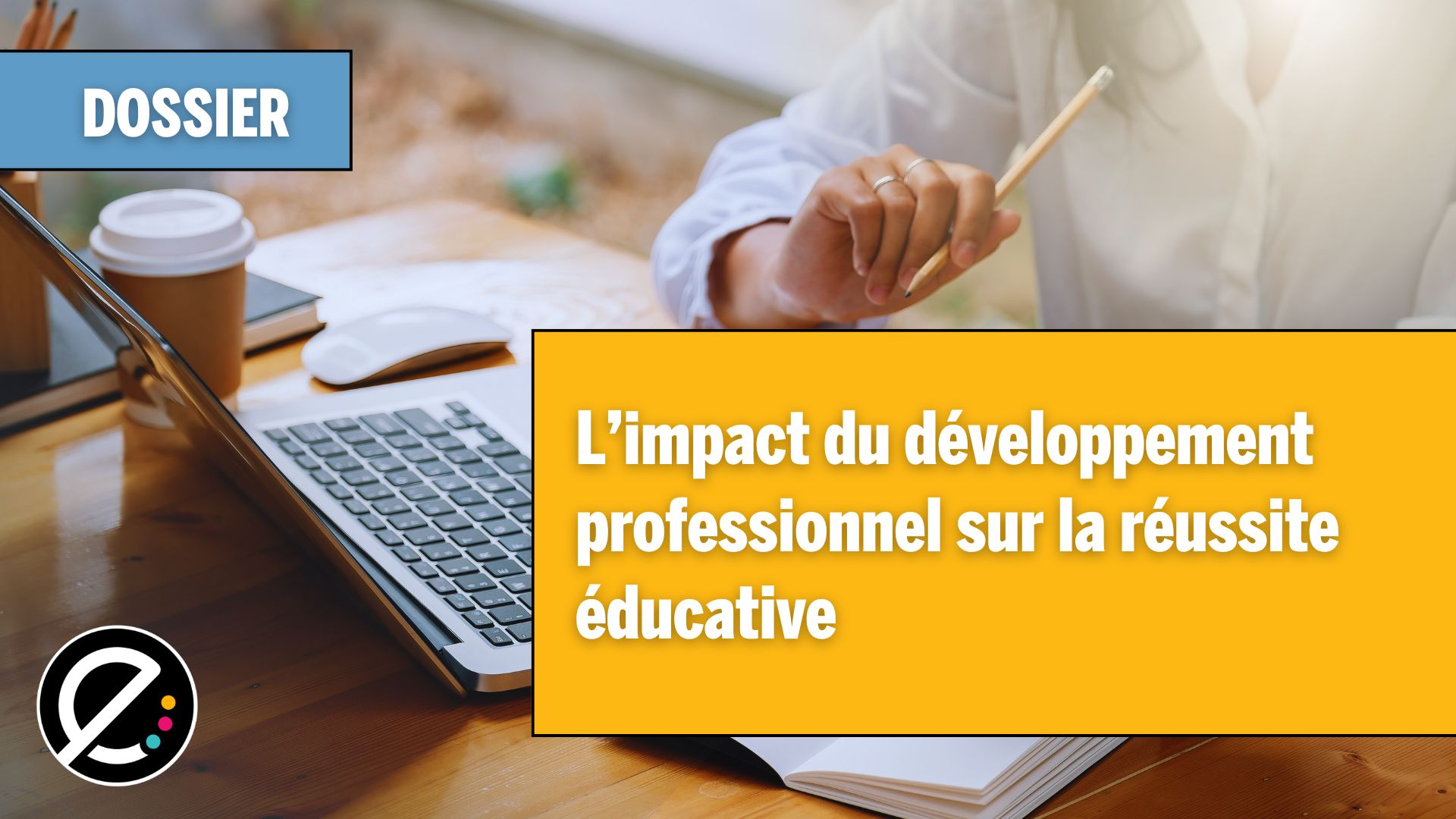Pour des raisons cognitives, il est souvent plus facile pour les enfants d’apprendre une langue étrangère que pour les adultes. C’est généralement sur cet argument scientifique que repose la volonté d’enseigner une langue seconde dès le plus jeune âge. Les résultats d’une étude récente indiquent que les bienfaits de l’apprentissage d’une nouvelle langue sur le cerveau sont importants, et ce, autant chez les enfants que chez les adultes.
Selon plusieurs études scientifiques en linguistique et en neurologie, il serait souhaitable d’apprendre une langue étrangère le plus tôt possible dans sa vie, de préférence dès son plus jeune âge. La malléabilité du cerveau des enfants faciliterait cet apprentissage et aurait des impacts positifs sur les cognitions. Or, une étude réalisée sous la direction de Ping Li, professeur au département de psychologie de la Pennsylvania State University, indique que le fait d’apprendre une nouvelle langue a aussi des effets positifs importants chez les adultes.
Li et son équipe ont recruté des participants ayant comme langue maternelle l’anglais. Les participants ont été divisés en deux groupes, dont l’un devait apprendre du vocabulaire chinois. Les deux groupes ont été suivis pendant une période de six semaines. L’activité cérébrale des participants a été mesurée et étudiée à l’aide d’imagerie par résonance magnétique. Les travaux ont été pilotés par le Brain, Language, and Computation Lab.
Les résultats démontrent que, dans l’ensemble, les participants formant le groupe de personnes qui ont appris le chinois avaient une activité cérébrale plus élevée que ceux de l’autre groupe. L’activité a été mesurée en s’intéressant notamment aux changements neuronaux. L’étude montre aussi que les participants qui ont le mieux performé dans l’apprentissage du chinois étaient ceux qui avaient au départ une activité neuronale plus développée.
Pour Li et son équipe, cela démontre que des changements anatomiques positifs peuvent résulter de l’apprentissage d’une nouvelle langue, et ce, peu importe l’âge des apprenants. Si cela confirme les effets positifs de l’apprentissage d’une langue étrangère en bas âge, cela indique aussi la pertinence de continuer le processus à l’âge adulte. Selon Li, le cerveau aurait une plasticité importante même à l’âge adulte.
À la lumière de l’étude, il n’est donc jamais trop tard pour apprendre une langue seconde, voire même une troisième!






